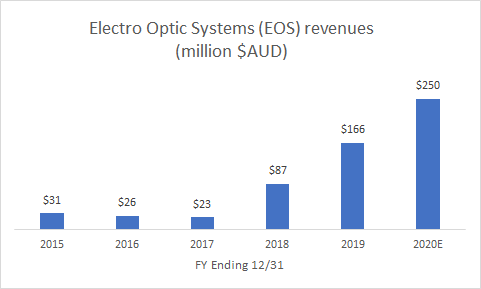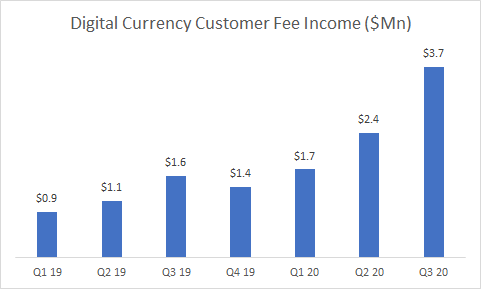Take a look at the economics of a lottery, and you’ll realize that these things are extremely profitable.
From the Roman Empire to the Han Dynasty, governments have long recognized that lotteries are a license to print money.
And of course, even the dumbest emperor would not allow this type of power to go unchecked.
Throughout the course of history, the state has erected a monopoly around this cash cow. And in every developed country today, lotteries are strictly regulated.
However, companies have found clever ways to exploit the power of lotteries to their advantage without breaking the letter of the law.
5 examples of how companies exploit lotteries
#1 Sweepstakes
Sweepstakes have also been around for centuries and are completely legal.

The McDonalds Monopoly partnership is a good example. Cereal box tops are another example. Consumers buy your product and earn a chance to win a prize.
The only catch is that in the United States, you have to let people enter your sweepstake without purchasing anything.
However, you can get around this regulation by making it difficult for the public to enter your sweepstake without buying your product.
Two common practices:
- You require people to mail a physical letter
- You require the letter to be hand written
Both these steps add friction; so instead, most consumers choose the easy path and just buy your product.
In effect, you force people to buy your product to enter your lottery. You can then call it a sweepstake, and it’s a completely legal sales tactic.
#2 Robinhood’s sign up bonus
Robinhood’s referral rewards mechanism is ingenious.
While other, less creative companies give you cash, Robinhood gives you—the new customer, and the person who referred you—a free share in a random company.
You might get a $5 stock, you might get a $200 stock– you have no idea. That’s what makes it so exciting.
When I joined Robinhood in September 2018 via my friend’s referral code, I received a share of Denbury Resources. It was worth $5.30 when I got the stock for free. And about a month ago I saw this email:
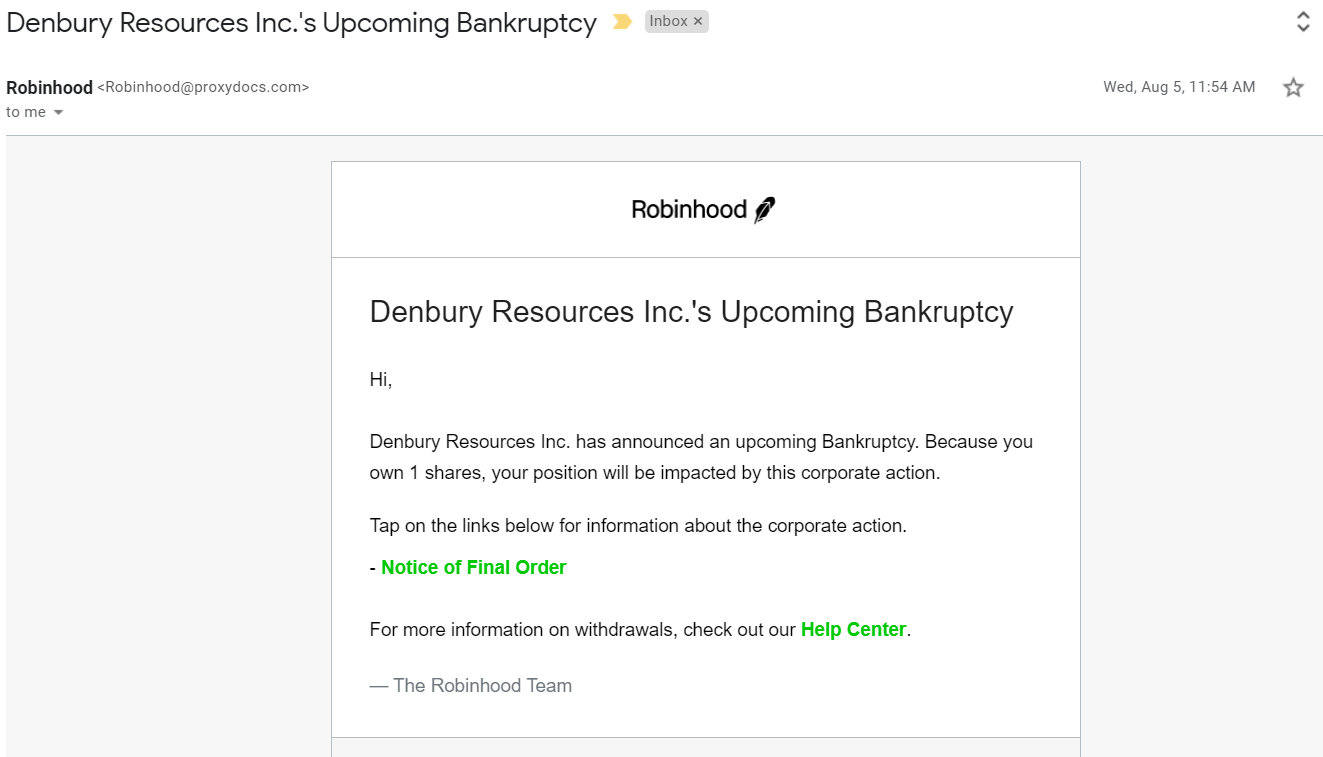
Despite my 100% loss on my 1 share of Denbury, I am a fan of this referral rewards program. It’s much more fun than just straight cash, and very on-brand for Robinhood.
P.S. If you don’t have Robinhood – would you please do me a favor and sign up with my referral code? I hope that one of us will get a share of Kodak, Nikola, or if we’re really lucky – Hertz 😉
#3 “Do us a favor for the chance to win something”
Here is an ad that I saw on Instagram just this week.
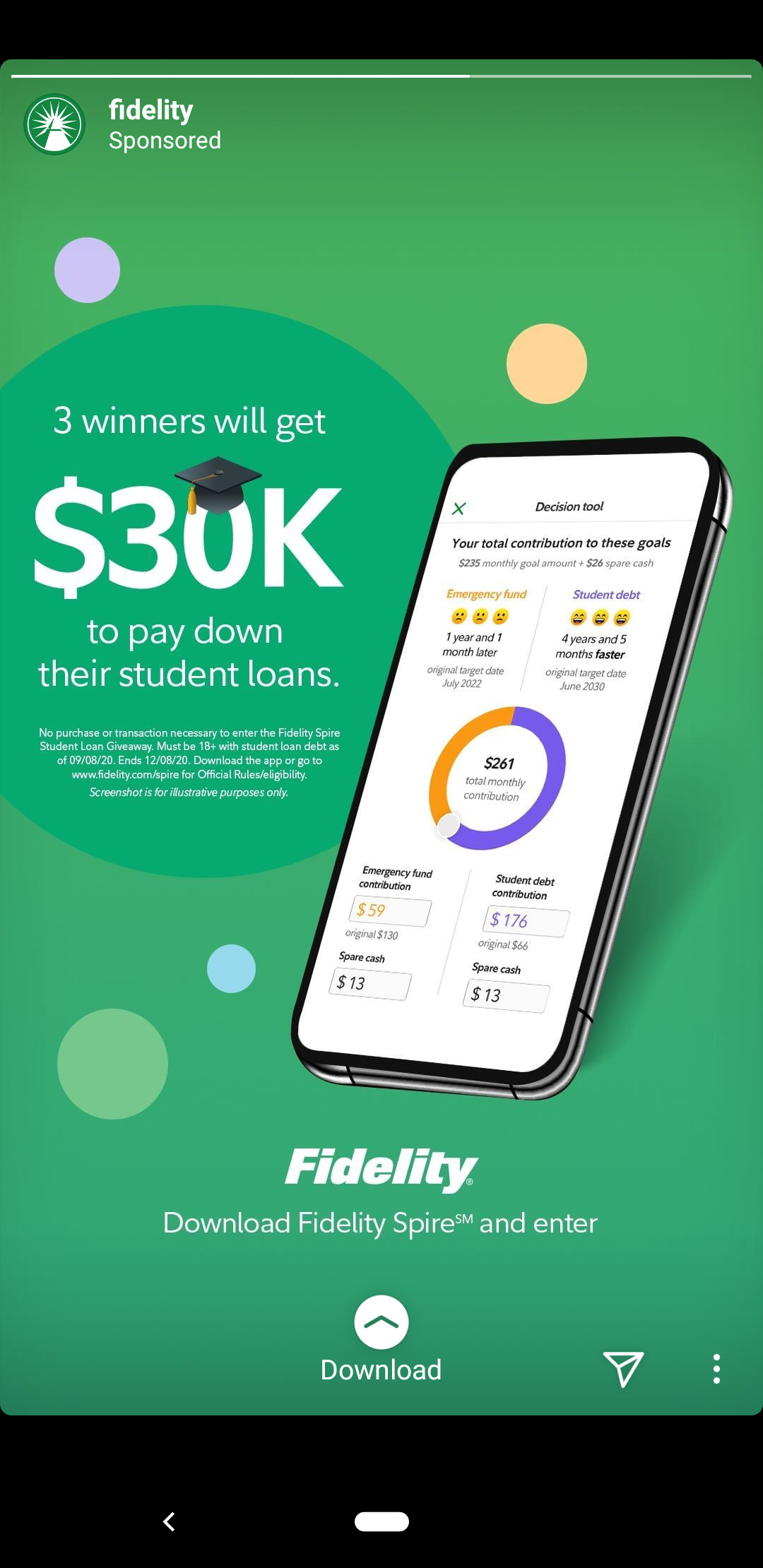
Note the fine print: “No purchase necessary”. $30,000 is a lot of money. And Fidelity is treating this like a sweepstake.
This is commonplace on a smaller monetary scale too. Companies, even big ones – request user feedback for the chance to win $50 – $500.
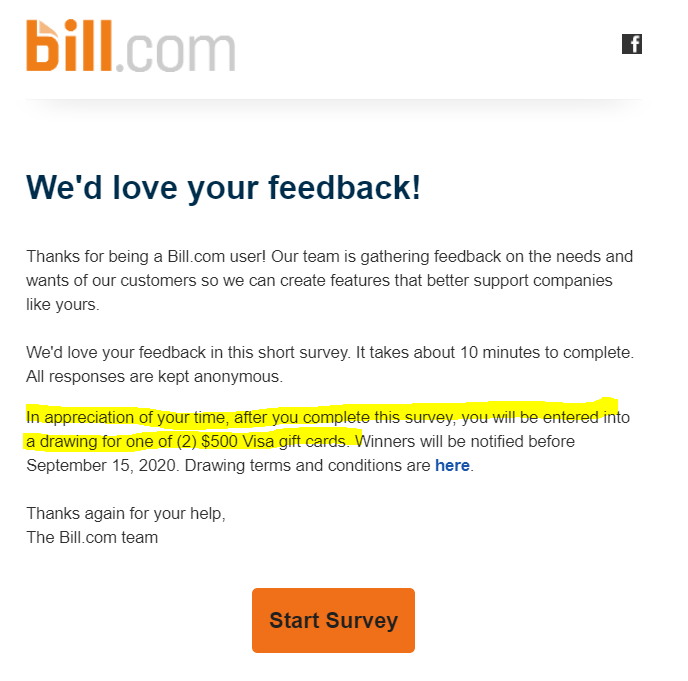
I get these emails all the time. And I’ve sent a few of these myself.
From my personal experience:
- This lottery mechanism works well, and you will see higher response rates.
- People do not think about the amount of time spent relative to the chance of winning.
None of these “Help us for a chance to win $50” surveys I’ve seen or sent include the line: “No purchase necessary”.
It’s a legal gray area. To participate in your lottery, consumers are not allowed to pay with money, but there seems to be no restrictions on their time + attention.
#4 An incredibly successful start-up built on-top of a lottery mechanism
Let’s play a trivia game. Try to guess the name of this company:
- This company was centered around a daily lottery
- This lottery was free to play.
- But it required your time and attention, and some degree of skill.
- They made the lottery drawing a regular event, with a highly charismatic host
- The prizes started out small at first, but eventually grew to 6 figures
- At the height of this lottery’s popularity, 1M+ users would tune in for the nightly drawing
Any idea what this company is?
The answer is HQTrivia
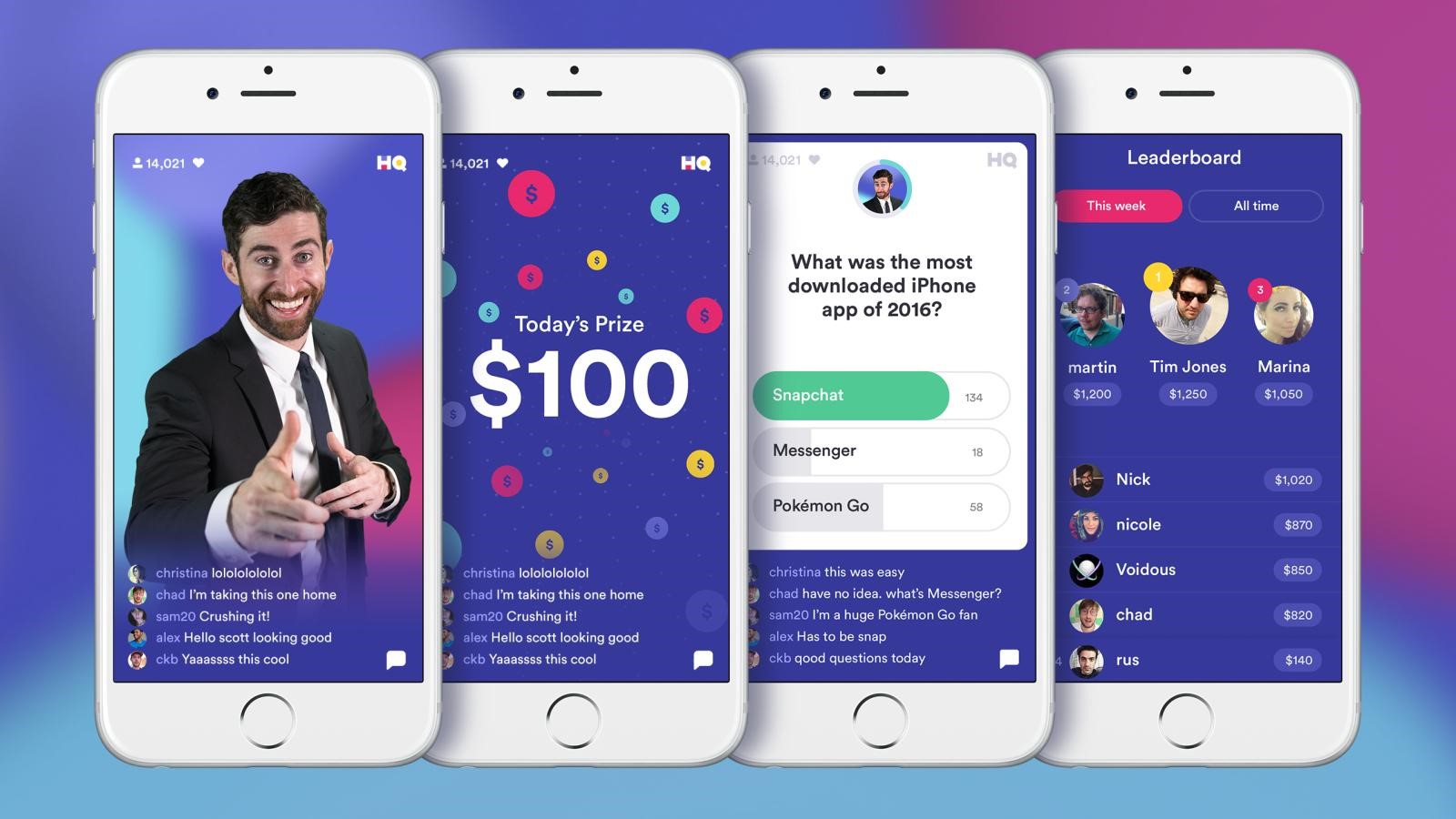
A trivia contest isn’t the same as a lottery, but the core mechanics of HQTrivia are very much lottery-like.
The best part was that it was completely legal. After all, users didn’t have to pay money to play this lottery. They paid with their time and attention, and HQTrivia sold that time and attention to advertisers.
HQTrivia rose like a rocket, largely due to that lottery mechanism. Later, they crashed spectacularly and quite tragically. For more information, I highly recommend that you check out The Ringer’s “Rise and Fall of HQTrivia” podcast.
#5 Loot Boxes
Loot Boxes are the modern version of Magic / Baseball / Pokémon cards. You buy a pack and have the chance to win something really valuable.
In essence, it’s a mini-lottery.
With Loot Boxes, video game companies have taken the baseball card concept and digitized it so that it is even more profitable and scalable.

Video game players (“gamers”) can buy virtual, in-game currency with real money. (They can also earn virtual currency during normal gameplay). And gamers use that virtual currency to buy Loot Boxes. The contents of those Loot Boxes can then be sold on various markets for real money.
Just think. You are a video game company. Your customers—your gamers—come back to you day after day, week after week. You take this mini-lottery model and multiply by millions of gamers and make your product even more addicting.
Your costs are minimal since everything is digital. And you have a money-printing machine. You now wield powers that were once limited to emperors.
Loot Boxes have been controversial. Parents are complaining that this is encouraging children to gamble. And lawmakers across the world are starting to scrutinize the practice.
I think they have a point. As far as I can tell, this is the closest thing to a privately-run lottery that exists today, hidden under the virtual currency façade.
In conclusion
Hopefully these examples inspire you to try some of these models in your own businesses.
I hope you do it in an ethical way – because this stuff is powerful.
I certainly missed a ton of other examples. If you know of any other interesting hidden lottery mechanisms being used today, please drop me a line – I’d love to learn more! yz@yishizuo.com

